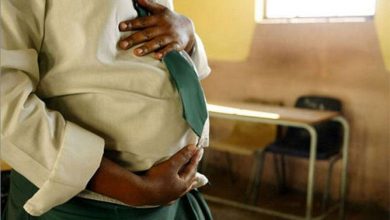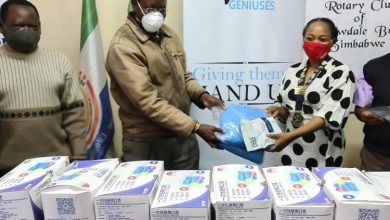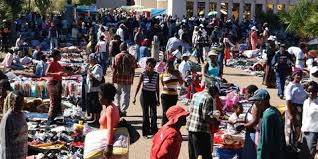
Some mining companies are too focused on making profits and are not investing in personal protective equipment and sanitation facilities for their workers, a civic organisation has said.
Center for Natural Resource Governance (CNRG) has expressed concern over health care for mine workers, citing that mines are isolated with limited health resources and facilities that cannot test for COVID-19.
CNRG communications officer, Simiso Mlevu, noted in a statement that mines tend to confine and congest workers within closed spaces thereby increasing chances of human-to-human contact.
“Employees congregate in areas of work and travel in close proximity to each other. As mining often involves physical activity, there could be a high degree of exposure to the virus simply through contact with people, machinery and equipment,” she said.
“Mining companies providing accommodation for their employees such as most Chinese owned companies in Hwange, compel workers to share facilities for eating, sleeping and bathing. As such, social distancing becomes difficult, if not impossible to practise, thereby increasing the risk of viral transmission.”
Mlevu added that mining employees are highly mobile and therefore the possibility of COVID-19 entering rural remote and vulnerable communities from through mine workforce is high.
She cited that Hwange Colliery Company Limited workers stay in locations outside the company premises and they go back to their homes every evening to be with their families yet during the day they interact with a lot of transient staff and contractors coming to collect coal from the mine.
Mlevu further stated that access to clean water is scarce in the mines and peripheral communities hence the practice of excess hygiene is heavily compromised.
“This is because mining either consumes much of the available water or pollutes large amounts of water making it unavailable or dangerous for human use. Mining companies in Hwange have heavily polluted Deka River which is a source of water for peripheral communities located along that river. This leaves local families with little or no water for basic hygiene such as hand-washing during this crisis,” Mlevu said.






